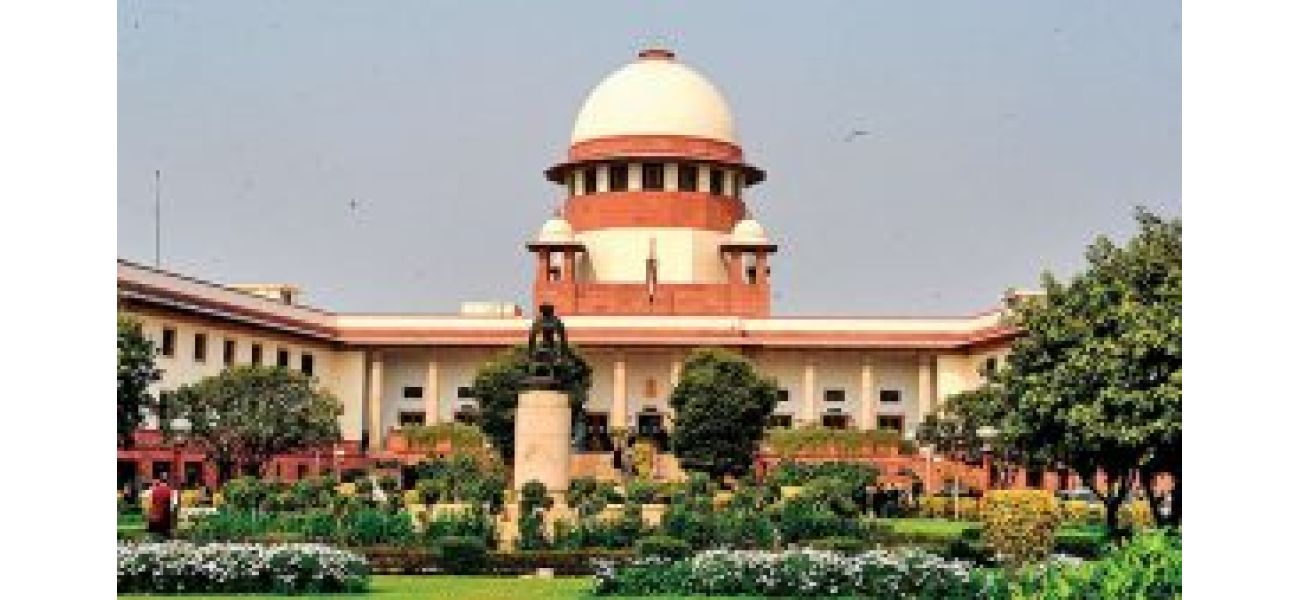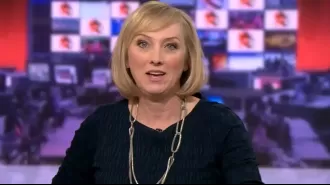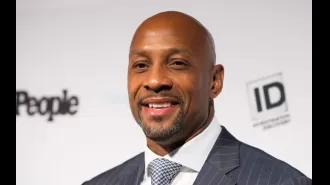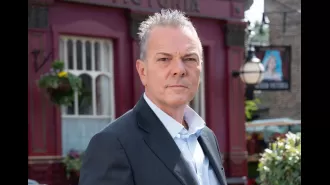Supreme Court questions West Bengal government's recruitment of civic volunteers, deeming it as political favoritism.
The Supreme Court asked the West Bengal government about their hiring of civic volunteers and requested information about the recruitment process.
October 15th 2024.

The Supreme Court of India recently questioned the West Bengal government about their hiring process for civic volunteers in the state. The bench, headed by Chief Justice of India D Y Chandrachud and Justices J B Pardiwala and Manoj Misra, raised concerns about the potential for granting political patronage to unverified individuals through this process. As a result, the court requested data from the state government regarding the legal authority for recruitment, the process of selection, qualifications, verifications, assignments, and payments made to these volunteers.
This matter was brought before the court as part of a suo motu case related to the tragic rape and murder of a doctor at the RG Kar Medical College and Hospital in Kolkata. During the hearing, the court also directed the state government to ensure that these volunteers are not assigned duties at sensitive establishments such as hospitals and schools. The court was informed that one of the accused in this case, Sanjay Roy, was a civic police volunteer with unrestricted access to the hospital building.
Senior advocate Karuna Nundy, representing a doctors' association, mentioned that the state government had violated a Calcutta High Court order by doubling the recruitment of civic volunteers who were not supposed to perform any law and order functions. She also highlighted that over 1,500 such volunteers were currently working in the state and requested the court to scrap the "Rattirer Sathi" program, which aimed to protect women working night shifts. Advocate Vrinda Grover, representing the victim's family, pointed out that the main accused in this case had a history of domestic violence and was still recruited as a civic volunteer.
The court expressed its concerns about the qualifications and deployment of these civic volunteers, stating that they should not be assigned to sensitive establishments. They remarked, "Otherwise this is just a way of giving political patronage to unverified people." The court directed senior advocate Rakesh Dwivedi, representing the West Bengal government, to provide more information about the recruitment process and qualifications of these volunteers.
During the hearing, Solicitor General of India Tushar Mehta, representing the Central Bureau of Investigation (CBI), submitted the fifth status report of the agency, stating that they were investigating the case with utmost seriousness. The court noted that the CBI was also looking into the role of other individuals and requested a further status report within three weeks.
The court also discussed the National Task Force, which was set up to make recommendations for the safety and security of medical professionals. They noted that no meetings had been held since the first week of September and directed the Centre to take proactive steps to ensure that the work is completed within a reasonable time frame.
The court also took note of the assurance given by Dwivedi that the state government had allocated a budget of Rs 123 crore for the installation of CCTV cameras and other safety measures in medical colleges. They also noted that the installation of CCTV cameras in 28 medical colleges and the R G Kar Hospital will be completed by October 25 and October 31, respectively.
The court was also informed that a state-level committee had been formed for security audits, and an additional 1,400 security personnel, including 900 women, had been deployed in hospitals. The bench adjourned the hearing to after the Diwali vacations.
During the previous hearing on September 30, the court expressed dissatisfaction over the slow progress made by the West Bengal government in the installation of CCTV cameras and construction of toilets and resting rooms in government medical colleges. The court had directed the state to complete this work by October 15. On September 17, the court had expressed its concern over the findings of the CBI's status report in the case and refused to disclose any details, stating that it may jeopardize the ongoing investigation.
This matter was brought before the court as part of a suo motu case related to the tragic rape and murder of a doctor at the RG Kar Medical College and Hospital in Kolkata. During the hearing, the court also directed the state government to ensure that these volunteers are not assigned duties at sensitive establishments such as hospitals and schools. The court was informed that one of the accused in this case, Sanjay Roy, was a civic police volunteer with unrestricted access to the hospital building.
Senior advocate Karuna Nundy, representing a doctors' association, mentioned that the state government had violated a Calcutta High Court order by doubling the recruitment of civic volunteers who were not supposed to perform any law and order functions. She also highlighted that over 1,500 such volunteers were currently working in the state and requested the court to scrap the "Rattirer Sathi" program, which aimed to protect women working night shifts. Advocate Vrinda Grover, representing the victim's family, pointed out that the main accused in this case had a history of domestic violence and was still recruited as a civic volunteer.
The court expressed its concerns about the qualifications and deployment of these civic volunteers, stating that they should not be assigned to sensitive establishments. They remarked, "Otherwise this is just a way of giving political patronage to unverified people." The court directed senior advocate Rakesh Dwivedi, representing the West Bengal government, to provide more information about the recruitment process and qualifications of these volunteers.
During the hearing, Solicitor General of India Tushar Mehta, representing the Central Bureau of Investigation (CBI), submitted the fifth status report of the agency, stating that they were investigating the case with utmost seriousness. The court noted that the CBI was also looking into the role of other individuals and requested a further status report within three weeks.
The court also discussed the National Task Force, which was set up to make recommendations for the safety and security of medical professionals. They noted that no meetings had been held since the first week of September and directed the Centre to take proactive steps to ensure that the work is completed within a reasonable time frame.
The court also took note of the assurance given by Dwivedi that the state government had allocated a budget of Rs 123 crore for the installation of CCTV cameras and other safety measures in medical colleges. They also noted that the installation of CCTV cameras in 28 medical colleges and the R G Kar Hospital will be completed by October 25 and October 31, respectively.
The court was also informed that a state-level committee had been formed for security audits, and an additional 1,400 security personnel, including 900 women, had been deployed in hospitals. The bench adjourned the hearing to after the Diwali vacations.
During the previous hearing on September 30, the court expressed dissatisfaction over the slow progress made by the West Bengal government in the installation of CCTV cameras and construction of toilets and resting rooms in government medical colleges. The court had directed the state to complete this work by October 15. On September 17, the court had expressed its concern over the findings of the CBI's status report in the case and refused to disclose any details, stating that it may jeopardize the ongoing investigation.
[This article has been trending online recently and has been generated with AI. Your feed is customized.]
[Generative AI is experimental.]
0
0
Submit Comment





